Vietnam’s labour ministry rejects proposal for raising minimum wage
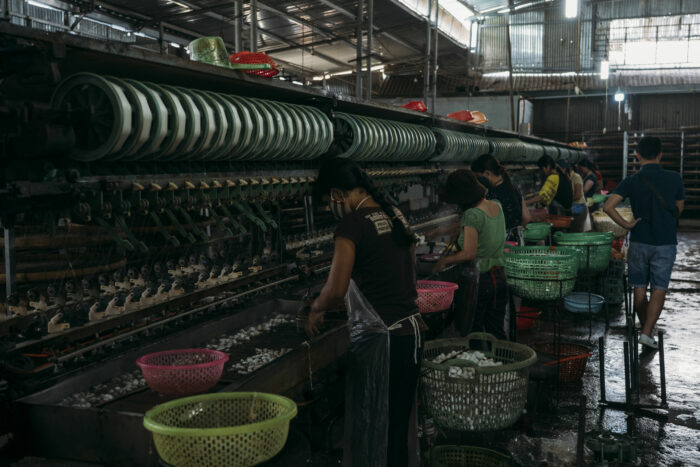
The labour ministry has vetoed a proposal for hiking the country’s minimum wage this year, saying Vietnam has yet to recover from the pandemic.
Redefining the role of L&D to bring about organisational success

Learning Technologies Asia 2021 will examine how organisations can develop their learning strategies to stay ahead, innovate and grow.
“No vaccination, no work” policy is illegal in the Philippines

The Department of Labor and Employment (DOLE) has said a “no vaccination, no work” policy enforced by any company or employer is illegal.
Singapore to raise retirement and re-employment age in 2022

The government also aims to support business transformation, help older workers, and spur the hiring of locals this year.
New Zealand opens new wage subsidy applications

Finance minister Grant Robertson has announced that employers can start to apply for the latest government wage subsidies.
Gender pay gap in Australia drops marginally

The Workplace Gender Equality Agency (WGEA) has said the national gender pay gap decreased by 0.6 percentage points to 13.4% in the past six months.
New Zealand unions urge workplaces to adopt safe practices

The Council of Trade Unions (CTU) and Business New Zealand (BNZ) have called on workplaces to help the country get through the pandemic safely.
Australian employees given choice to increase working incomes
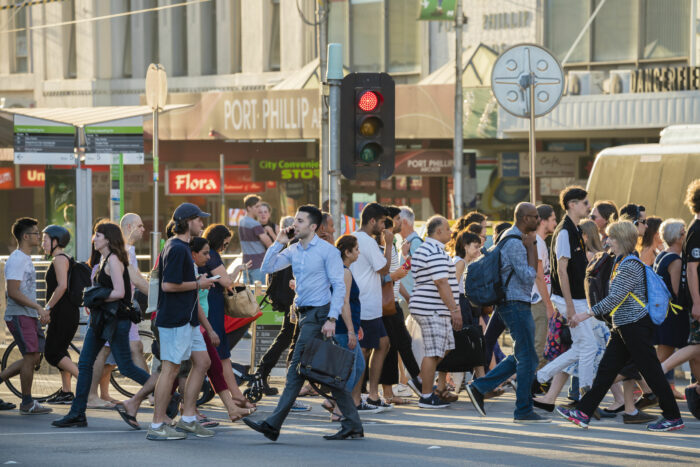
The Australian government is looking to allow employees to choose between increased take-home pay and higher pension contributions.
Japan adopts new bill for more flexible paternity leave

With the revision, fathers can take leave in two batches, and will receive employment insurance benefits equivalent to 67% of their pre-leave wages.
Workers in India among the most overworked and paid the least: ILO
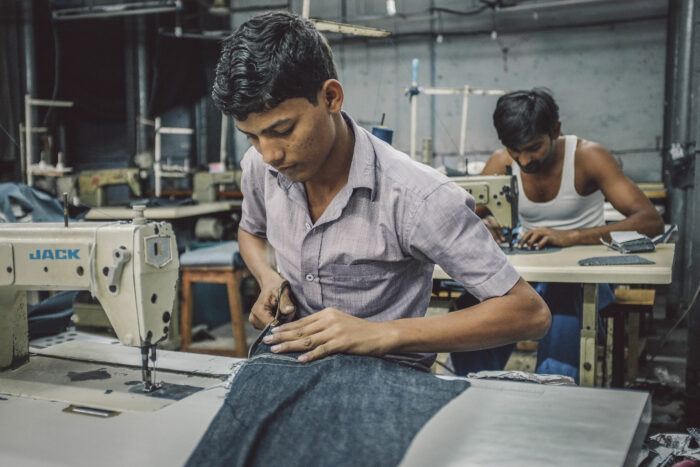
The International Labour Organization (ILO) has said Indian employees ranked among the highest at being overworked and earned the least.
‘Superpower’ your talent during uncertainty

Rhys Hughes, Regional Vice-President of Sumtotal, highlights why organisations should empower their employees to thrive during uncertainty.
Singapore firms urged to invest in local talent

Investing in local talent and equipping them with skills relevant to a changing economy will help workers thrive and address the tech skills shortage.
South Koreans’ average monthly income rose 4.1% in 2019
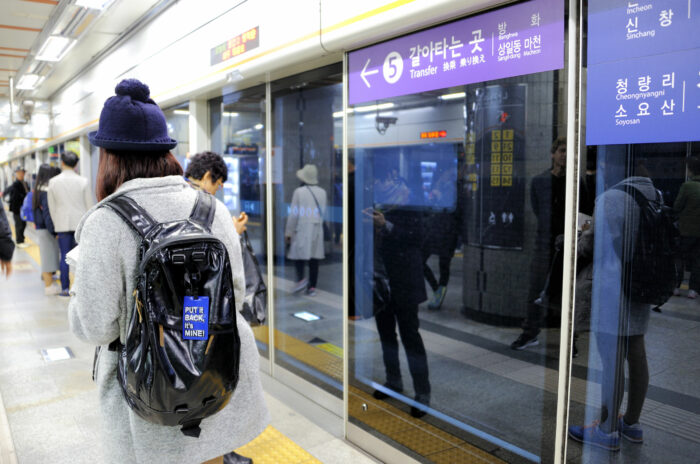
Data showed that the average monthly income of South Korean workers increased by 4.1% in 2019 year-on-year due to a rise in minimum wage.
Hong Kong government rolls out HK$9.5 billion relief package
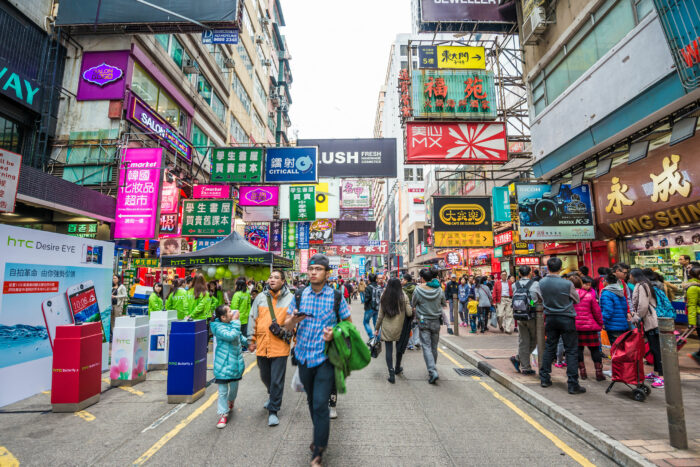
About 180,000 Hongkongers who were unemployed for at least two months since the start of last year will also be eligible to apply for low-interest loans.
Two Cents: Agility defines the future of L&D

Organisations are beginning to redefine the role L&D plays in their organisations and how it relates to organisational success.
New Zealand government approves improved Holidays Act

The revised Holidays Act will provide clarity to employers and help employees receive their leave entitlements.
Australia records 0.6% wage growth for 2020 December quarter

The uplift was attributed to a reverse in salary cuts by businesses, as a measure to survive amid the economic uncertainty brought on by COVID-19.
Singapore mulls progressive wage model for retail sector

Senior minister of state for manpower Zaqy Mohamad has said the government is considering a progressive wage model (PWM) for the retail sector.
Gender wage gap in Taiwan narrows in 2020

Taiwan’s average hourly gender pay gap fell from 17.1% in 2010 to 14% in 2020, which translates to a fall from 63 to 51 extra work days.
6 key facts about the multigenerational workforce in 2021

Rachele Focardi explains why generational diversity and inclusion is quickly becoming the hottest item on the agendas of CEOs and CHROs.
Australian employers cannot force staff to get COVID-19 jab

The Fair Work Ombudsman (FWO) and Safe Work Australia (SWA) have advised employers to assume employee vaccinations are not required.
Malaysia imposes requirements for improved workers’ lodging
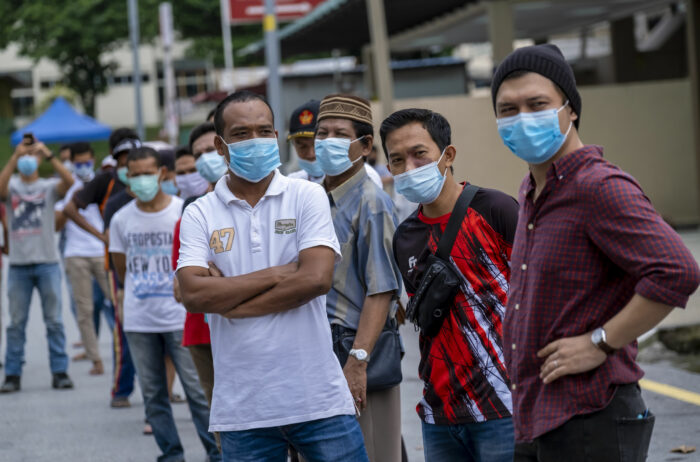
Failure to comply with government orders to improve living quarters will result in RM200,000 in fines or a three-year jail term, or both.
Hong Kong will face unemployment woes for more than three years

Unemployment will plague Hong Kong for years ahead, and that it may take more than three years for the jobless rate to fall below 5%.
New Zealand businesses can apply for government support from March 2

Companies must show a 30% fall in revenue over seven days compared with a similar period in the six weeks prior to the heightened alert level.
L&D enters a new era of learning and employee development

Leading up to Learning Technologies Asia, RedThread Research shared how the role of L&D is being redefined in a new world of work.
DOLE proposes wage subsidy for workers in the Philippines

Assistant Secretary Dominique Tutay of the Department of Labor and Employment (DOLE) is proposing a three-month wage subsidy for workers.
Gig workers in Singapore need help in terms of social security

The labour movement is looking into how gig workers can have greater structural support, which can include greater bargaining power.
Workplace culture and empowerment in the new digital economy

Derick Teo, Director, Enterprise Go-Digital Solutions, BIPO, shares his observations and insights on why building an employee-first culture is critical.
#BetterMe by AXA helps organisations construct more resilient workforces

#BetterMe by AXA is designed to help build a healthier and more productive workforce.
Household incomes in South Korea fell for third straight quarter in 2020

Data from Statistics Korea showed that household incomes from salaries and business operations declined for three consecutive quarters in Q4 2020.
